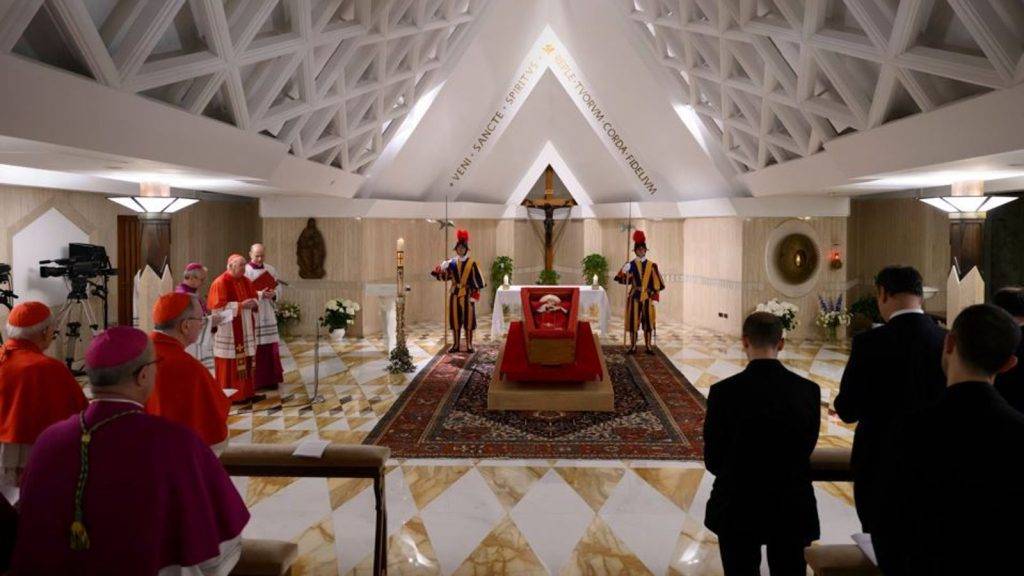Cliff Notes
- Pope Francis declared the death penalty inadmissible in all circumstances, urging for its abolition and advocating for improved prison conditions to honour human dignity.
- His lifelong commitment to helping the poor included regular visits to prisons and underprivileged communities, exemplified by a recent visit to inmates just days before his death.
- Francis emphasized the responsibility of Christians to promote compassion and respect for all individuals, including those incarcerated.
Pope Francis dies latest: Prince of Wales to attend funeral on behalf of King; details of final hours emerge | World News
Many observers agree that Pope Francis leaves behind a legacy of reform, modernisation and compassion.
We’ve already looked at two areas on this in our Francis the reformer posts – his (relatively) warm stance towards the LGBTQ+ community (12.43 post), and his less flexible stance on contraception (13.50 post).
Now, a look at how he approached the death penalty and prisons.
‘All Christians should struggle for end of death penalty’
Francis changed the church’s position on the death penalty, declaring it inadmissible in all circumstances.
In 2014, he said: “It is impossible to imagine that states today cannot make use of another means than capital punishment to defend peoples’ lives from an unjust aggressor.”
He cited the Catechism of the Catholic Church, which says that the death penalty can be used only if it is the ”only possible way of effectively defending human lives against the unjust aggressor,” and that modern alternatives for protecting society mean that ”cases in which the execution of the offender is an absolute necessity are very rare, if not practically nonexistent”.
But Francis went further, calling for compassion and better conditions in prisons, too.
Pope Francis added at the time: “All Christians and people of good will are thus called today to struggle not only for abolition of the death penalty, whether it be legal or illegal and in all its forms, but also to improve prison conditions, out of respect for the human dignity of persons deprived of their liberty.”
Lifelong commitment to ‘do what Jesus did’
Francis was committed to helping the poor and disadvantaged throughout his life, including before his time as pontiff.
In Argentina, as a younger man, he spent weekends visiting the disadvantaged parishes. He would visit prisons then, too, travelling by bus or metro to speak to prisoners, the poor and priests in slums and jails.
And last Thursday, just a few days before his death, while frail himself, Francis kept an appointment to visit a prison in Rome.
He met for nearly 30 minutes with some 70 inmates at the Regina Caeli prison in Rome’s Trastevere neighbourhood.
It’s a prison Francis has visited before to perform the annual Holy Thursday ritual of washing the feet of 12 people to re-enact Christ’s gesture of humble service of washing the feet of 12 apostles before his crucifixion.
Francis told the inmates he couldn’t do it this year, given his health, but wanted to nevertheless be with them and “do what Jesus did on Holy Thursday”.


